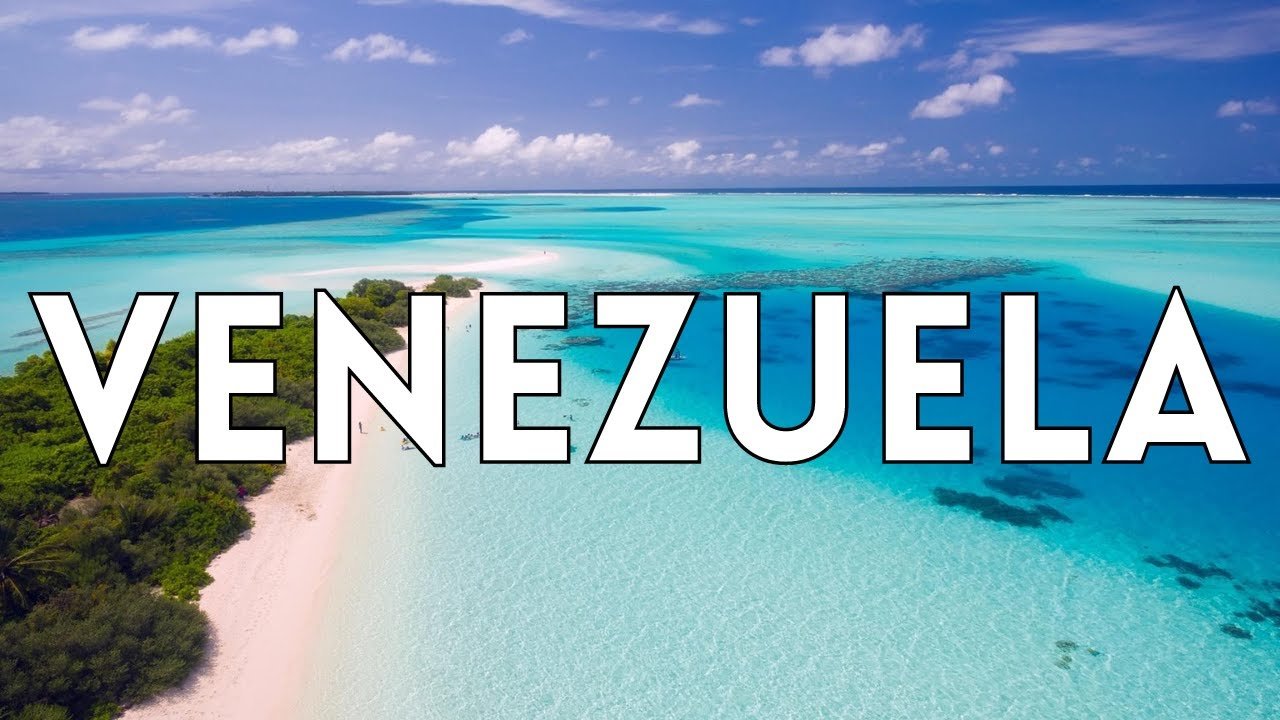Venezuela, a country situated on the northern coast of South America, is known for its stunning landscapes, vibrant culture, and rich natural resources. From the majestic Angel Falls to its diverse ecosystems and bustling cities, Venezuela offers a wealth of natural and cultural treasures. However, the country is also grappling with profound economic, political, and social challenges that have significantly impacted its people and international relations.
Geography and Natural Beauty
Venezuela boasts a diverse geography that includes the Andes Mountains, lush rainforests, arid plains, and an extensive coastline along the Caribbean Sea. One of its most notable natural features is Angel Falls, the world’s highest uninterrupted waterfall, located in the Gran Sabana region. The country is also home to the Orinoco River, one of South America’s largest rivers, which plays a crucial role in its ecosystem and economy.
The Amazon Rainforest, which covers a portion of southern Venezuela, is a hotspot for biodiversity, housing an array of flora and fauna found nowhere else on Earth. Venezuela’s varied landscapes also include the Llanos, expansive tropical grasslands that are vital for the country’s cattle ranching industry.
Cultural Heritage and Diversity
Venezuela’s cultural heritage is a rich tapestry woven from indigenous traditions, African influences, and Spanish colonial history. This blend is reflected in its music, dance, and festivals. Traditional Venezuelan music genres such as joropo, a lively folk dance with roots in Spanish and indigenous traditions, and gaita, which incorporates African rhythms, are integral to the nation’s cultural identity.
The country celebrates several vibrant festivals throughout the year, including Carnaval, a pre-Lenten festival marked by parades, music, and elaborate costumes, and the Festival of the Virgin of Coromoto, which combines religious devotion with traditional celebrations.
Venezuelan cuisine is equally diverse, featuring dishes such as arepas (cornmeal cakes filled with various ingredients), pabellón criollo (a dish of shredded beef, black beans, and rice), and hallacas (cornmeal dough filled with meats and wrapped in plantain leaves). This culinary variety highlights the country’s rich cultural and historical influences.
Economic and Political Landscape
Venezuela’s economy has long been driven by its vast oil reserves, which rank among the largest in the world. The country’s oil industry has historically been a significant source of revenue and a key player in global energy markets. However, the reliance on oil has also made Venezuela vulnerable to fluctuations in global oil prices.
In recent years, Venezuela has faced severe economic challenges, including hyperinflation, a sharp decline in oil production, and widespread shortages of basic goods. These economic difficulties have contributed to a humanitarian crisis, with millions of Venezuelans experiencing extreme poverty, food insecurity, and a lack of access to essential services.
The political situation in Venezuela has been marked by intense conflict and controversy. The presidency of Nicolás Maduro has been a focal point of political turmoil. His government has faced accusations of corruption, human rights abuses, and undermining democratic institutions. The 2018 presidential election, which Maduro claimed to have won, was widely criticized for alleged irregularities and lack of transparency.
Opposition leaders, most notably Juan Guaidó, have challenged Maduro’s legitimacy, leading to a prolonged political crisis. International responses to the situation have been divided, with some countries supporting Guaidó and others backing Maduro. The ongoing political instability has exacerbated the country’s economic and social issues.
Humanitarian Crisis and Migration
The economic and political crises in Venezuela have led to a severe humanitarian situation. The country has experienced massive emigration, with millions of Venezuelans fleeing in search of safety and better living conditions. Many have sought refuge in neighboring countries such as Colombia, Brazil, and other Latin American nations. This large-scale migration has put significant strain on regional resources and infrastructures.
Inside Venezuela, the humanitarian crisis has resulted in widespread shortages of food, medicine, and basic necessities. The healthcare system is overwhelmed, and many people struggle to access adequate medical care. The collapse of public services has also contributed to deteriorating living conditions.
International Relations and Diplomacy
Venezuela’s political and economic crises have drawn international attention and intervention. The United Nations, along with various non-governmental organizations, has provided humanitarian aid and called for solutions to address the crisis. The international community remains divided on how best to support Venezuela, with differing approaches to diplomacy and assistance.
Regional countries have been heavily involved in addressing the fallout from Venezuela’s crises, with many hosting Venezuelan refugees and working to provide aid. The Organization of American States (OAS) and other international bodies have also been involved in diplomatic efforts to resolve the crisis and support affected populations.
The Path Forward
Venezuela’s future remains uncertain, as the country grapples with complex economic, political, and social challenges. Efforts to address the humanitarian crisis, stabilize the economy, and restore democratic governance will be crucial in determining the country’s trajectory.
Despite the difficulties, Venezuela’s rich cultural heritage, natural beauty, and resilient people offer hope for recovery and renewal. The international community continues to monitor the situation closely, and there are ongoing efforts to support Venezuela’s people and seek solutions to the country’s profound challenges.
Conclusion
Venezuela is a nation of incredible contrasts, marked by both its natural splendor and the severe challenges it faces. Its cultural richness and scenic landscapes stand in sharp contrast to the economic struggles and political instability that have recently defined its experience. As the country navigates its path forward, the resilience of its people and the international community’s support will be key factors in shaping Venezuela’s future and fostering a more stable and prosperous nation.
